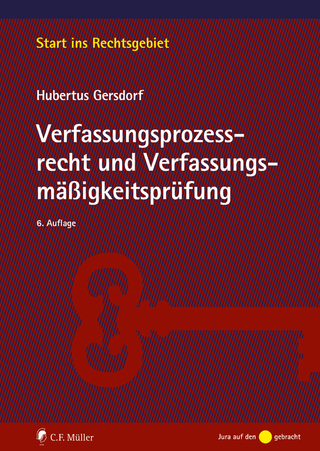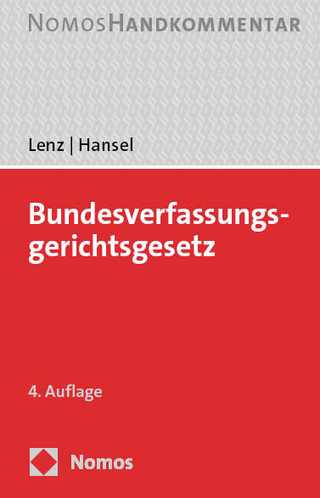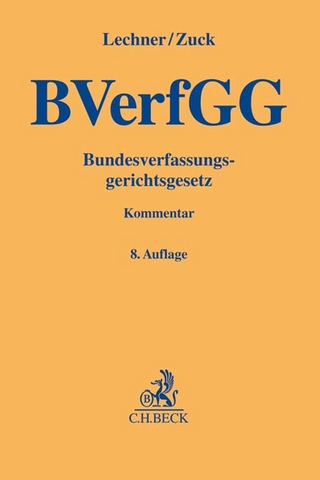
The Informal Constitution
Unwritten Criteria in Selecting Judges for the Supreme Court of India (OIP)
Seiten
2020
OUP India (Verlag)
978-0-19-012766-4 (ISBN)
OUP India (Verlag)
978-0-19-012766-4 (ISBN)
Enacted for historical reasons on 26 January 1950, the Constitution of India provided that the Supreme Court of India, situated in New Delhi, was to have one Chief Justice of India, and not more than seven judges. Today, the Court has 33 judges in addition to the Chief Justice of India. But who are these judges, and where did they come from?
Its central thesis is that despite all established formal constitutional requirements, there are three informal criteria which are used for appointing judges to the Supreme Court: age, seniority, and diversity. The author examines debates surrounding the Indian judicial system since the institution of the federal court during the British Raj. This leads to a study of the political developments that resulted in the present 'collegium system' of appointing judges to the Supreme Court of India.
Based on more than two dozen interviews personally conducted by the author with former judges of the Supreme Court of India, this book uniquely brings to the fore the unwritten criteria that have determined the selection of judges to the highest court of law in this country for over six decades.
Its central thesis is that despite all established formal constitutional requirements, there are three informal criteria which are used for appointing judges to the Supreme Court: age, seniority, and diversity. The author examines debates surrounding the Indian judicial system since the institution of the federal court during the British Raj. This leads to a study of the political developments that resulted in the present 'collegium system' of appointing judges to the Supreme Court of India.
Based on more than two dozen interviews personally conducted by the author with former judges of the Supreme Court of India, this book uniquely brings to the fore the unwritten criteria that have determined the selection of judges to the highest court of law in this country for over six decades.
Abhinav Chandrachud is an advocate who practises at the Bombay High Court. He graduated from the LL.M. Program at Harvard Law School where he was a Dana Scholar, and from the JSM and JSD Programs at Stanford Law School where he was a Franklin Family Scholar. He worked as an associate attorney at Gibson, Dunn & Crutcher, LLP in Los Angeles and Singapore from 2009 to 2011.
| Erscheinungsdatum | 21.09.2020 |
|---|---|
| Verlagsort | New Delhi |
| Sprache | englisch |
| Maße | 140 x 216 mm |
| Gewicht | 304 g |
| Themenwelt | Recht / Steuern ► Allgemeines / Lexika |
| Recht / Steuern ► EU / Internationales Recht | |
| Recht / Steuern ► Öffentliches Recht ► Verfassungsverfahrensrecht | |
| ISBN-10 | 0-19-012766-X / 019012766X |
| ISBN-13 | 978-0-19-012766-4 / 9780190127664 |
| Zustand | Neuware |
| Haben Sie eine Frage zum Produkt? |
Mehr entdecken
aus dem Bereich
aus dem Bereich
Buch | Softcover (2024)
C.F. Müller (Verlag)
20,00 €


